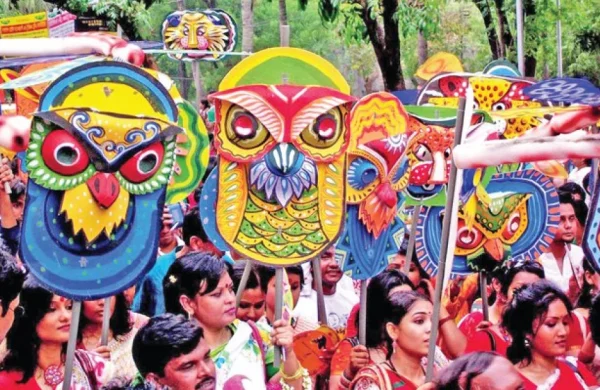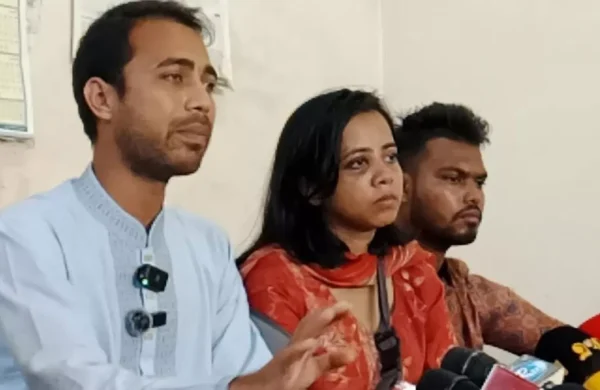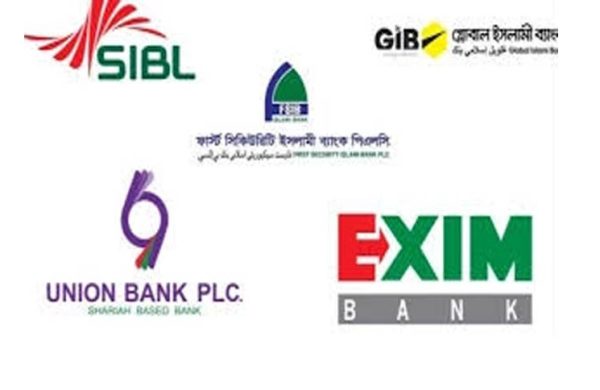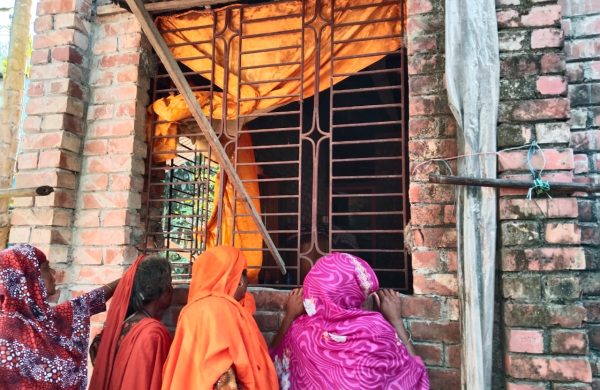Pahela Baishakh to be celebrated with participation of all communities
- Update Time : Sunday, April 13, 2025

Staff Correspondent:
Pahela Baishakh, the first day of Bengali New Year, is going to be celebrated at the national level on Monday ensuring the participation of all ethnic communities in the country, including Chakma, Marma, Tripura, Manipuri, and Garo.
To mark the occasion, the government has declared a one-day public holiday aimed at fostering a more inclusive celebration of the New Year, stated a press release issued by the ministry of cultural affairs recently.
The initiative is part of an effort to make the New Year celebrations more inclusive, ensuring that it reflects the diverse cultures of Bangladesh, said the press release.
In the past, the public holiday for the Bengali New Year was only granted to the Bengali community, but this new step will now encompass all citizens, regardless of ethnic background, it added.
Through the initiative, the government aims to showcase the country’s diverse cultural heritage and traditions, enriching the celebration by highlighting the culture of various communities.
CA GREETS COUNTRYMEN ON PAHELA BAISHAKH
Chief Adviser (CA) Professor Muhammad Yunus has extended warm greetings to the people of Bangladesh on the occasion of Pahela Baishakh, the first day of the Bangla New Year 1432, to be celebrated on Monday.
In his message to the nation on Sunday, the Chief Adviser said, “Happy New Year 1432. On this occasion of the Bangla New Year, I convey my heartfelt greetings to all countrymen.”
He highlighted the significance of Pahela Baishakh as a symbol of cultural unity and tradition. “This day holds a unique and cherished place in Bangalee culture. It is a day of unity and grand reunion for the Bengalees,” he noted.
Professor Yunus emphasized that the New Year celebration transcends religious and social boundaries. “For generations, the entire Bangalee nation—regardless of religion or caste—has embraced the New Year with renewed spirit and fresh commitments. On this day, people set aside the sorrows, burdens, and disappointments of the past year, coming together in a spirit of harmony, friendship, joy, and love.”
He also reflected on the origins of the Bangla calendar, tracing it back to the reign of Mughal Emperor Akbar, who introduced the “Fasoli year” to streamline agricultural activities. “Over time, this tradition has come to represent a spirit of secular unity for all Bangalees,” he said.
Referring to the recent mass uprising, the Chief Adviser expressed optimism for the future. “The uprising of ’24 has opened the path for building a Bangladesh free from all forms of discrimination. It inspires us to work towards a Bangladesh that is inclusive, happy, prosperous, peaceful, and vibrant.”
He concluded by wishing success to all initiatives undertaken in celebration of the New Year and urged everyone to step forward with renewed hope and enthusiasm.



















